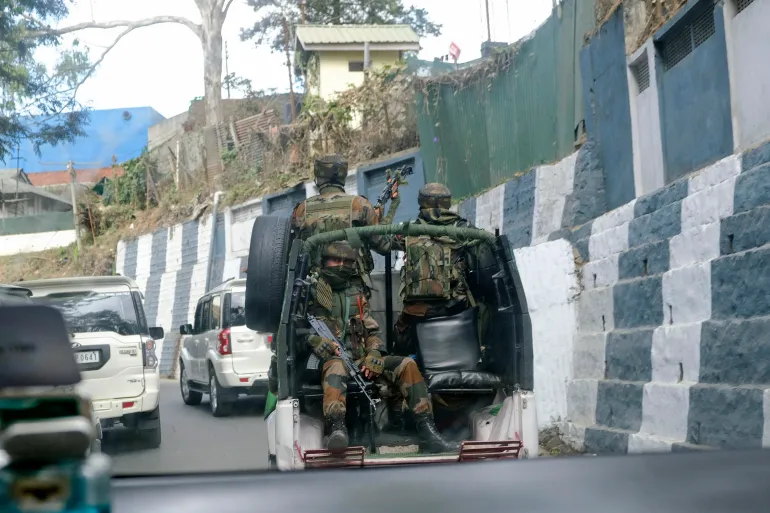Pooja Bora, Pune
The Supreme Court has issued a notice to the Centre and the Ministry of Defense on the admittance of a writ petition filed by the Nagaland State Government challenging the Union Government’s order which refused to prosecute the 30 army personnel involved in the killing of 13 civilians during an ambush in the Oting village of the Mon District.
The incident happened on December 4, 2021, when six coal miners travelling in a pickup vehicle were shot down by the army personnel after they failed to identify them as civilians and misidentified them as militants. The accused alleged that those killed were armed, in dark clothes and rushed to get into the vehicle. Seven more civilians were killed in the aftermath of the shooting when hostilities ensued between the residents and the armymen. A special investigation team (SIT) formulated by the Nagaland state police collected evidence on the incident which was sent to the Military Affairs Department on March 24, 2022, and the State sought prosecution of the accused.
The apex court stayed the sanction for prosecution of the 30 army personnel involved in July 2022 after hearing pleas of the accused’s spouses who said that their husbands were being prosecuted without sanction from the Centre. They also demanded that the FIRs filed against their husbands be revoked. Then on February 23, 2023, the Union Government denied the sanction for prosecution of the accused personnel.
The State government filed a writ petition under Article 32 of the Constitution which pertains to the Right to Constitutional Remedies wherein enforcement of fundamental rights is ensured. The petition was filed before a bench consisting of the Chief Justice of India D. Y. Chandrachud and Supreme Court Judges J. B. Pardiwala and Manoj Misra. The petitioners also said that the Centre refused to sanction prosecution despite ample evidence due to the Armed Forces Special Powers Act (AFSPA) 1958, which gives special powers to armed forces in areas declared as “disturbed” including the power to kill anyone breaching the law.
The Supreme Court has given the Centre and the Ministry of Defence three weeks to respond to the order.
